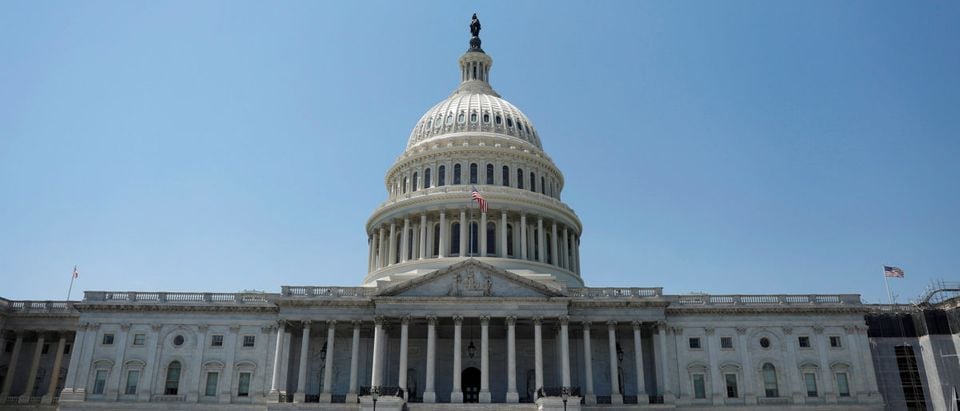Waste, fraud, and abuse. You’ve likely seen it on bumper stickers, heard it in stump speeches, and seen talking heads ramble on about it endlessly. While widely derided as an empty invocation used to avoid specifics, the phrase actually has some heft to it. In 2016, the federal government made $144 billion in improper payments. This was up 5 percent from the previous year, and an astounding 230 percent since 2006.
It’s understandable for improper payments to grow at least a little, in tandem with a government that grows by the hour. But even as a percentage of the total budget, improper payments were higher last year than in any other growth period over the past two decades. While Congress has finally started to turn their attention to the pressing issue, their commission-heavy response will not save taxpayers from frivolous financing.
But the question is why so much money going into the wrong hands in the first place. Some of the mismanagement is rooted in reasonable-sounding government initiatives that have opened the door to frightful levels of abuse. The Social Security Administration (SSA), for instance, allows individuals to have two social security numbers under certain circumstances.
The SSA has issued more than one number to five million individuals in the United States, in response to concerns both serious (ie. identity theft) and silly (ie. unlucky numbers). The Inspector General found that SSA had issued nearly $200 million in improper payments stemming from the multiple numbers issued to certain individuals. An additional $20 million will be lost to frivolous spending if the status quo is allowed to continue.
The Department of Health and Human Services (HHS), though, remains the ground zero of improper payments. The Medicare Advantage plan experienced $14 billion in improper payments in a single year alone. And, despite repeated criticism by the Office of the Inspector General and the Government Accountability Office (GAO), overpayment rates have grown by two percentage points in the past three years.
This is hardly surprising, given that HHS continues to ignore recommendations to conduct risk assessments on payments to employees and charge card payments. According to the GAO, a majority of federal agencies are non-compliant with the Improper Payments Elimination and Recovery Act (IPERA) of 2010 and are not doing their due diligence in combatting fraud and abuse.
In the House budget resolution passed last week, Congress signaled its willingness to address the issue of improper payments. Buried within the document is a call to create an “independent commission to find tangible solutions to reduce government-wide improper payments.” While it’s encouraging that lawmakers are finally giving due diligence to a monumental issue, the proposed solution is disappointing. “Governance by commission” is an expedient way of getting nothing done through endless proceedings on the taxpayers’ dime. In the private sector, a business bloated with “improper business” would not stick around for very long.
Fired employees, for instance, seldom receive a paycheck mistakenly mailed to them after they’ve stopped working at the company. Perhaps, then, a surefire way of ensuring agency compliance with IPERA and similar mandates would be to threaten budget cuts. Non-compliance with improper payment rules could result in a small, but significant cut to agency funds. This, of course, is little more than a pipe dream because agencies grow under Republican and Democratic Administrations alike.
But given the unprecedented “skinny” budget currently under consideration in Congress, a rare window of opportunity has emerged. By threatening budget cuts to agencies with lackluster improper payment records, lawmakers can show the public that they’re serious about cutting down on waste, fraud, and abuse. By saving nearly $150 billion annually, Congress can free up funds for tax reform and other urgent priorities facing our nation.


